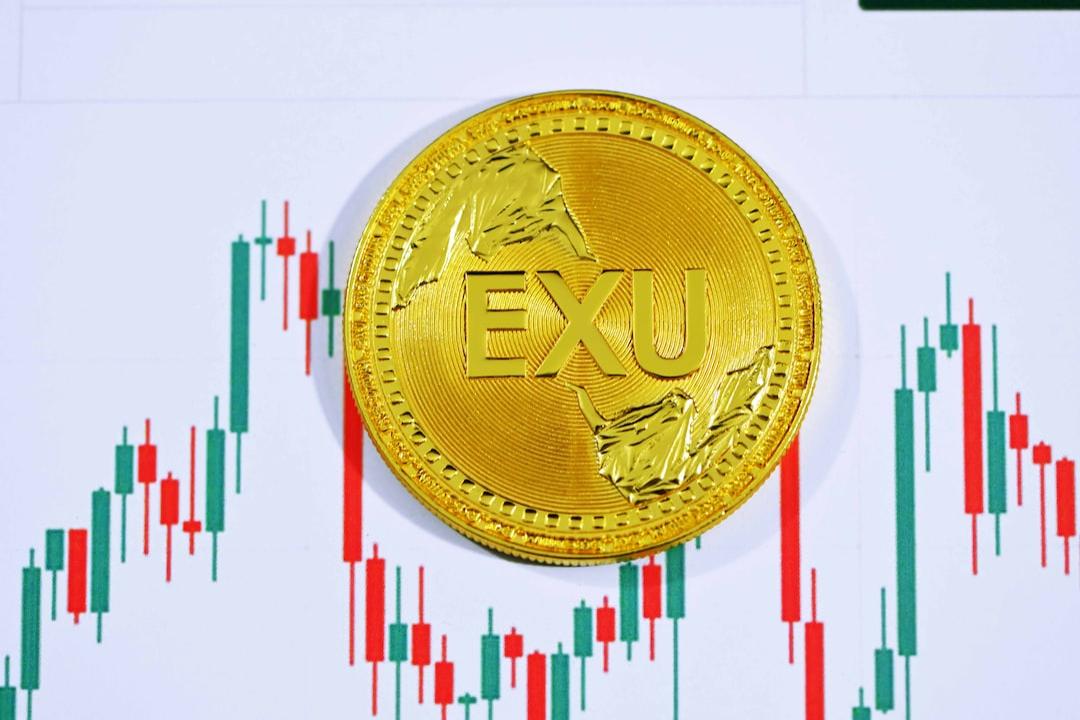Morgan Stanley, a leading banking institution, is considering allowing its 15,000 brokers to promote Bitcoin exchange-traded funds (ETFs) to their clients in the near future. Initially, the bank only provided these options on an unsolicited basis, meaning that brokers did not actively recommend investing in Bitcoin ETFs. Customers interested in purchasing these funds would have to initiate the conversation with their advisors at the brokerage.
As part of a new policy adjustment, the bank is in the process of setting up a framework for solicited purchases. This will involve the implementation of risk tolerance criteria, as well as restrictions on allocation and trading frequency. A source within the bank mentioned, “We want to ensure that everyone has access to Bitcoin ETFs, but we want to do so in a controlled manner,” indicating the bank’s cautious approach.
Since the launch of Bitcoin ETFs in January, major brokerage firms like Morgan Stanley, Merrill Lynch, and Wells Fargo have started exploring this market. However, similar to Morgan Stanley, they have limited purchases to a non-advisory basis.
This recent development at Morgan Stanley reflects the increasing interest in Bitcoin ETFs among institutional investors. According to another executive at the bank, this trend has also been observed among their clients. However, Bitcoin is still viewed as a speculative asset by many.
Bitcoin ETFs have attracted significant capital inflows to the cryptocurrency market in recent months. Yet, the growth appears to be slowing down, with ETF issuer BlackRock reporting zero daily inflow for the first time on April 24. Other issuers have also experienced declining performance, with only Fidelity Wise Origin Bitcoin Fund (FBTC) and ARK 21Shares Bitcoin ETF (ARKB) seeing inflows of $5.6 million and $4.2 million, respectively. As of now, the Bitcoin ETF market in the U.S. has accumulated around $12.3 billion in Bitcoin.
In a separate development, Grayscale’s Bitcoin ETF experienced $1.6 billion in outflows just hours before the halving event.

